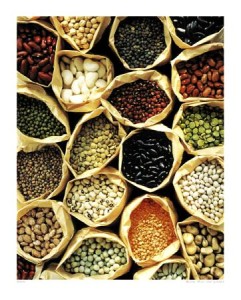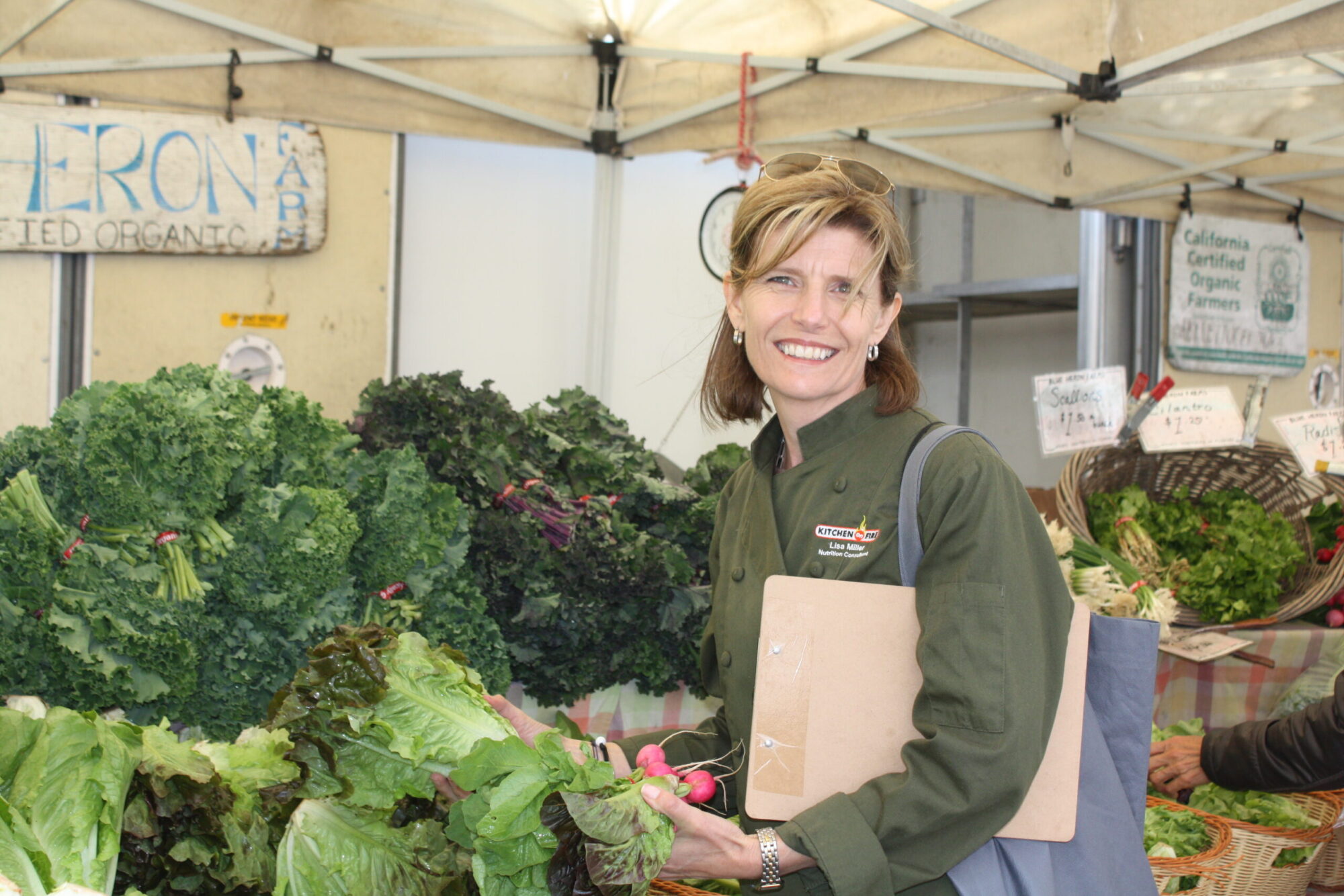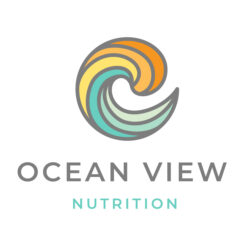 As a certified nutrition consultant one of my goals is to provide a nutritionally balanced menu to meet anyone’s needs or preferences. The same diet does not work for all people. For some, eating a variety of everything is best (the omnivore), though some find that their body performs best with a different balance or with some exclusions, vegetarian, vegan, Paleo, gluten-free, dairy-free, etc. Being a vegetarian is not as simple as it might seem. It is easy to slip on the amount of protein consumed by skipping the offered protein component of a meal or increasing other staples in the diet, which may be primarily fats or carbohydrates. Protein provides the body the building blocks (amino acids) to manufacture, maintain and repair body tissues. Eating a healthy vegetarian diet, or cooking for a vegetarian in your family, takes awareness of nutritional values and potentially an adjustment to meal planning.
As a certified nutrition consultant one of my goals is to provide a nutritionally balanced menu to meet anyone’s needs or preferences. The same diet does not work for all people. For some, eating a variety of everything is best (the omnivore), though some find that their body performs best with a different balance or with some exclusions, vegetarian, vegan, Paleo, gluten-free, dairy-free, etc. Being a vegetarian is not as simple as it might seem. It is easy to slip on the amount of protein consumed by skipping the offered protein component of a meal or increasing other staples in the diet, which may be primarily fats or carbohydrates. Protein provides the body the building blocks (amino acids) to manufacture, maintain and repair body tissues. Eating a healthy vegetarian diet, or cooking for a vegetarian in your family, takes awareness of nutritional values and potentially an adjustment to meal planning.
Vegetable based proteins are found in grains, legumes, nuts, greens, and the whole rainbow of colorful vegetables as well. However, it takes eating up to twice as much quinoa (6 oz.), for example, to get the equivalent serving size of protein as found in a piece of fish (3 oz.). We can show you how to balance your macronutrients to ensure you are getting what your body needs. Additionally, vegetarians have to be careful to avoid becoming deficient in B12, D and riboflavin. The vitamins listed are more challenging to get from vegetable sources. There are many benefits to be found in learning more about vegetarian diets. During a consultation with me, we can discuss your specific dietary needs.

